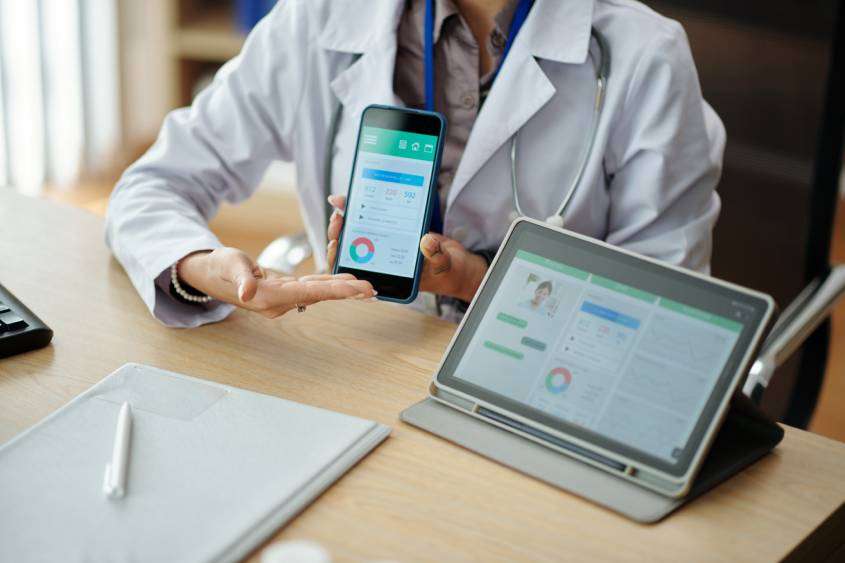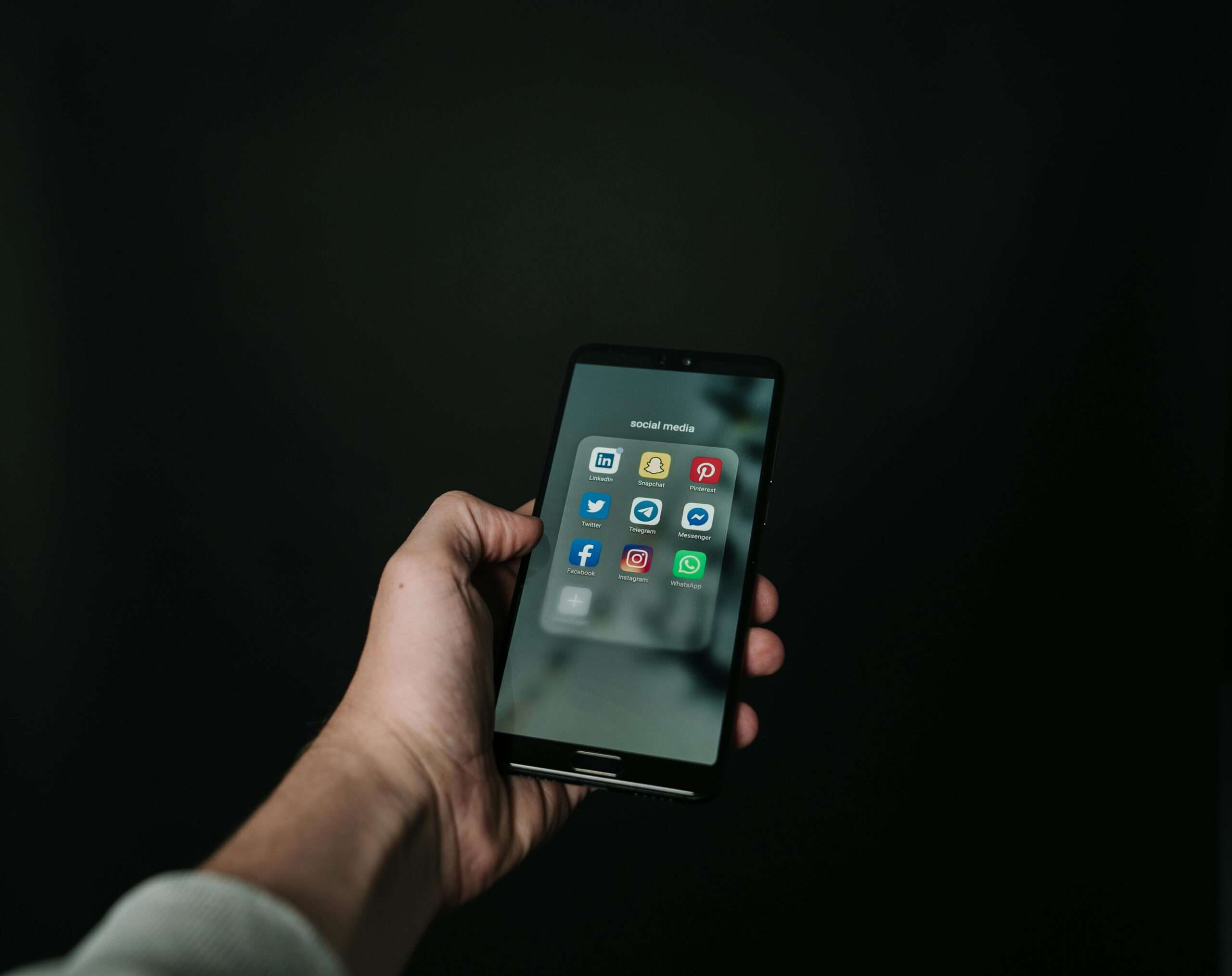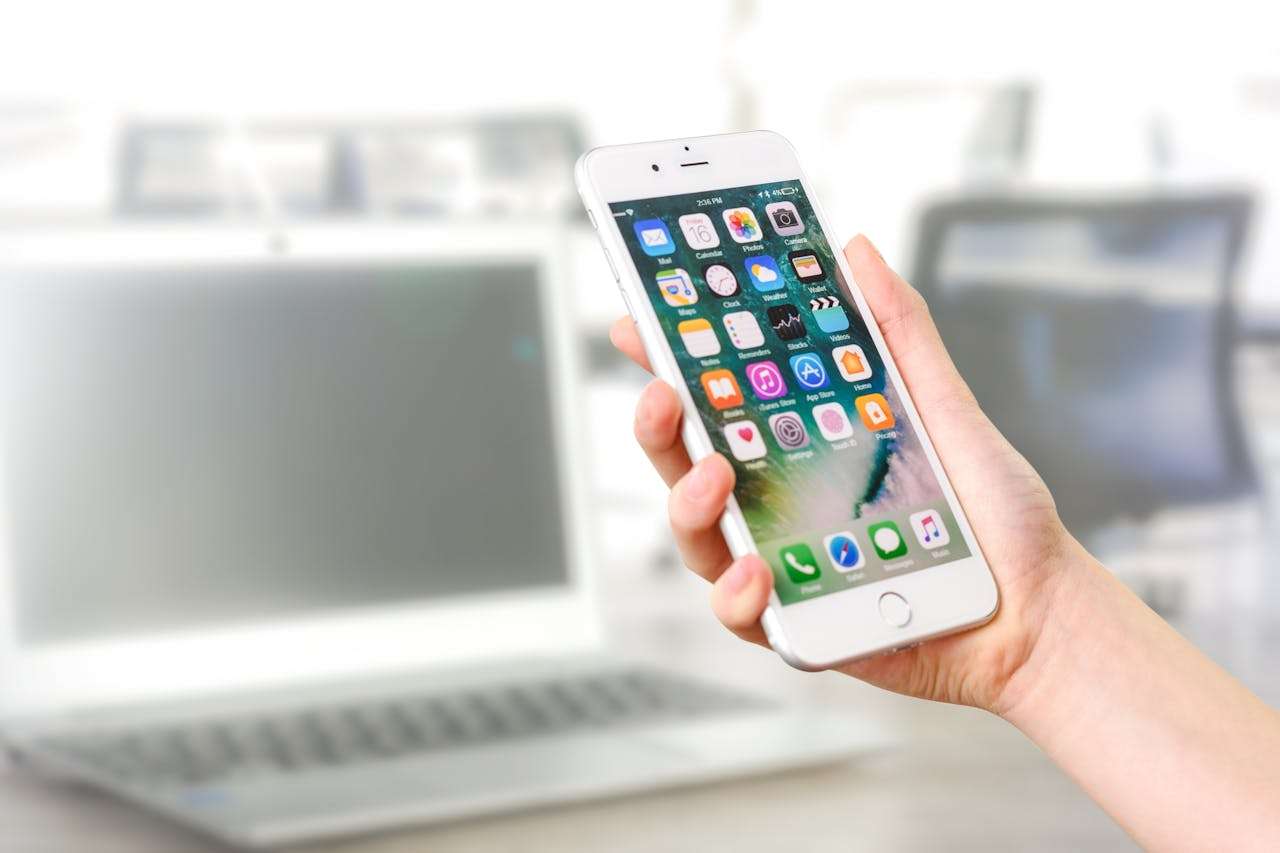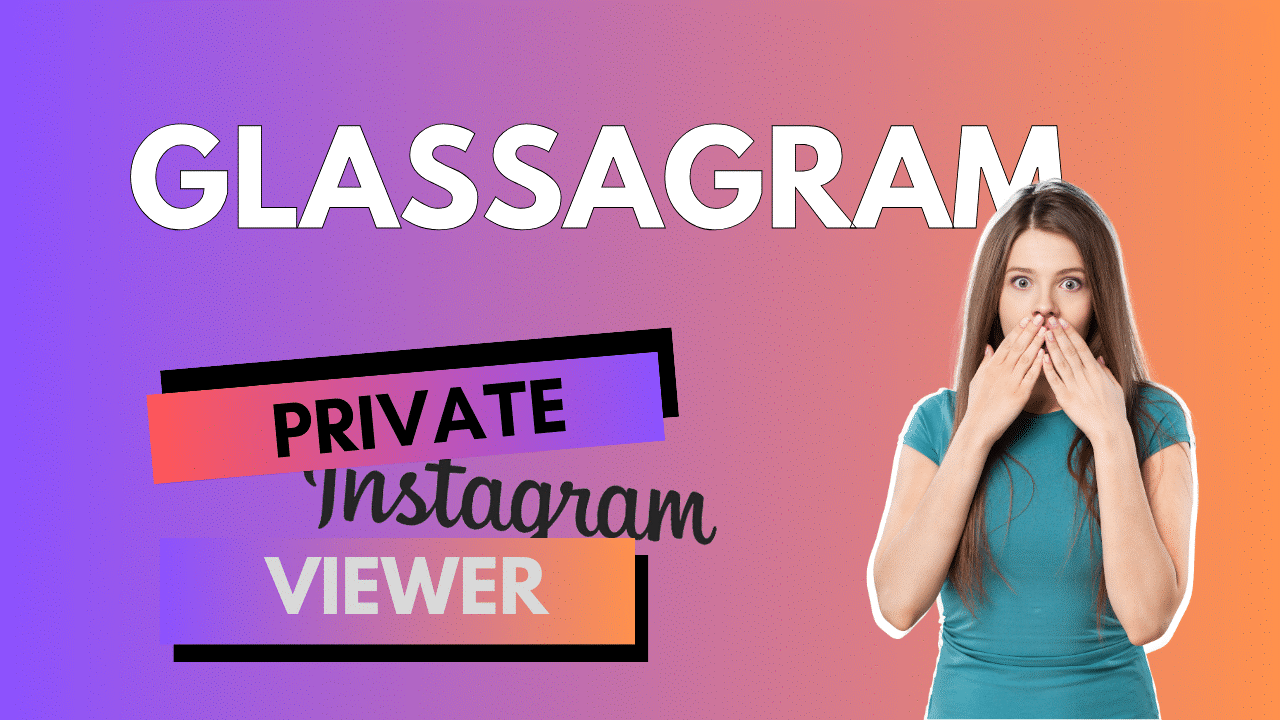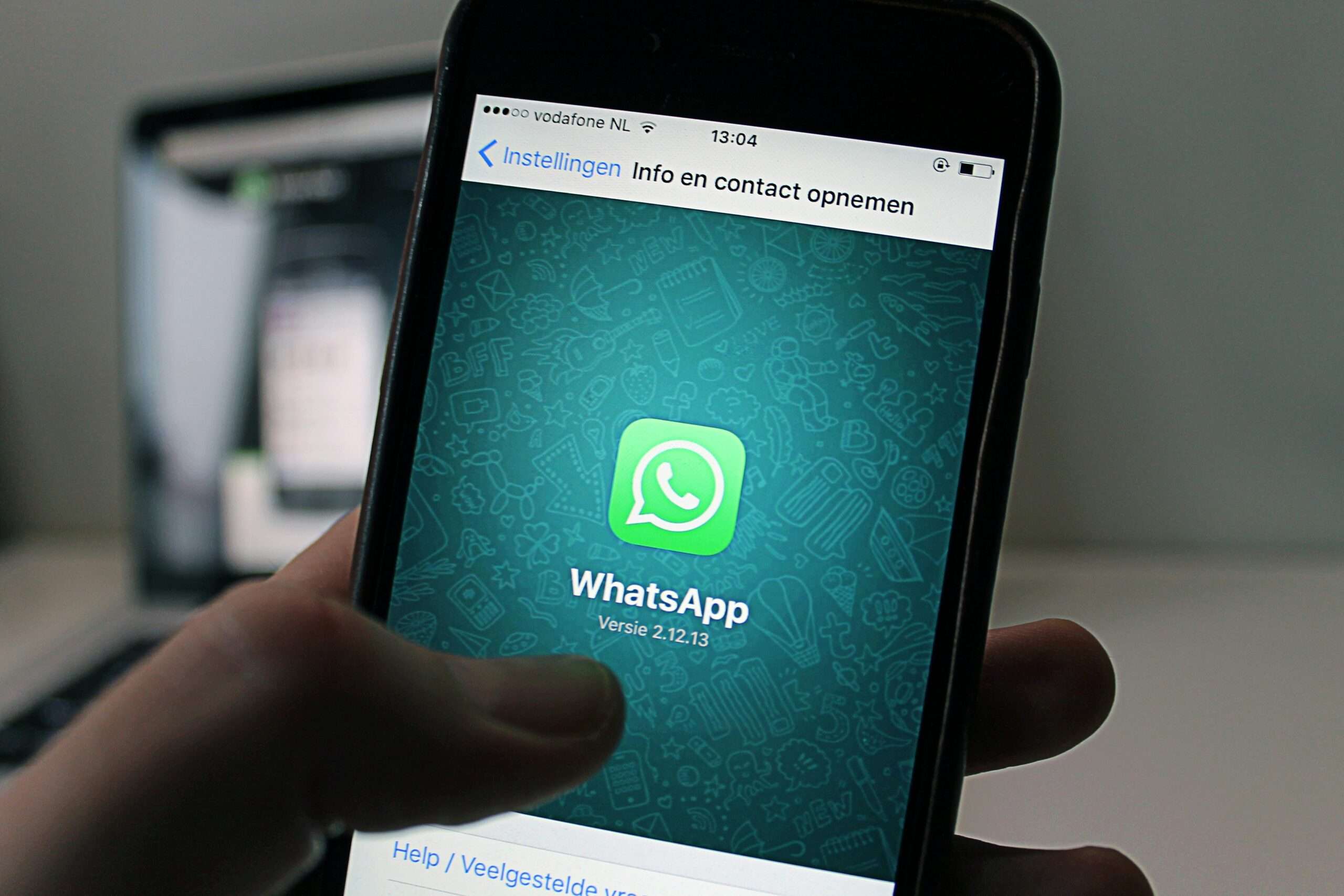In our rapidly evolving digital age, healthcare has undergone a significant transformation, with Personal Medical Records app becoming indispensable. These apps empower individuals to assume a proactive role in managing their health by providing a centralized platform accessible via smartphones and computers. This platform enables the secure storage and management of personal health data, facilitating convenient access to medical history and the seamless sharing of information with healthcare providers.
The Shift Towards Digital Healthcare
The traditional healthcare model relied on fragmented paper-based records, causing challenges in data management and information sharing. Patients often grappled with the need to recall their medical history and treatments from memory or paper documents. Healthcare providers faced inefficiencies in accessing patient records due to outdated systems.
The advent of digital technology has revolutionized healthcare by introducing Electronic Health Records (EHRs) for more efficient data management in healthcare institutions. However, patients’ involvement in managing their own health data was frequently overlooked.
This is where Personal Health Record apps step in, providing a solution to empower individuals in seamlessly managing their health information. They bridge the gap between patients and healthcare providers, offering an invaluable contribution to modern healthcare. In this article, we will delve into the importance of PHR apps, exploring their features, benefits, and their potential to enhance patient outcomes.
1. The Anatomy Of Personal Health Records Apps
Personal Health Record apps are primarily designed to centralize the compilation and management of diverse health-related data. This includes extensive information such as medical history, lab reports, allergies, medications, vaccination records, and more. These apps should offer seamless access across various devices, ensuring users can conveniently input or retrieve their data at any time and from anywhere they require.
2. A User-Friendly Interface
An essential element of any PHR app lies in its user interface. To promote consistent app usage, it’s crucial to maintain a user-friendly interface that’s intuitive and easy to navigate. This approach accommodates users of all ages and tech-savviness levels, making it effortless for them to locate and input necessary information. User-friendliness plays a pivotal role in the effective utilization of PHR apps, greatly influencing healthcare management.
3. Security & Data Privacy
Ensuring the security of personal health data is of utmost importance. PHR apps must make data security a top priority, implementing strong encryption and stringent access controls. Users should have the ability to determine who can access their data and the flexibility to withdraw that access whenever they choose, thereby safeguarding their privacy. Trust forms the bedrock of healthcare, and the protection of patient information is fundamental in nurturing that trust.
4. Inoperability With Healthcare Systems
To ensure their optimal functionality, PHR apps must possess interoperability, allowing them to seamlessly exchange information with diverse healthcare systems, including Electronic Health Records (EHR) and other healthcare providers. This capability enables healthcare professionals to access a comprehensive health history for each patient, minimizing the likelihood of redundant tests and treatments. Furthermore, it simplifies the sharing of information among different healthcare providers, fostering more coordinated and effective care.
5. Health Tracking & Reminders
In promoting a proactive approach to health management, PHR apps frequently incorporate functions for monitoring health metrics, such as blood pressure, weight, and glucose levels, along with setting reminders for medications and appointments. These features empower users to assume greater responsibility for their health, ensuring adherence to prescribed regimens and the ability to monitor health metrics for early intervention. This proactive method encourages regular self-assessment.
The Benefits of PHR Apps in Modern Healthcare
As personal health record apps gain prominence, their impact on modern healthcare is undeniable. Here are some key benefits that underscore their vital role:
1. Patient Empowerment
PHR apps empower individuals to take control of their healthcare. Patients can access and understand their health information, actively participate in care decisions, and this increased involvement positively influences patient outcomes and satisfaction.
2. Reduced Administrative Burden
By offering digital access to patient records through interoperable PHR apps, healthcare providers can streamline administrative tasks and allocate more time to direct patient care. This streamlined data sharing becomes especially critical during emergencies.
3. Preventive Healthcare
PHR apps promote proactive health management through health metric tracking and medication reminders. This encourages early detection of health issues, timely intervention, and a proactive approach to preventive healthcare.
4. Enhanced User Experience
With user-friendly interfaces and the convenience of accessing health data through mobile apps, patients experience an enhanced connection and understanding of their health, ultimately leading to greater satisfaction.
5. Privacy & Security
Recognizing the paramount importance of data privacy in healthcare, PHR apps prioritize the security and confidentiality of personal health information, instilling confidence in users regarding the safety of their data.
6. Cost Efficiency
PHR apps provide an efficient solution for managing health data and sharing it with healthcare providers, which can help reduce the need for redundant tests and procedures, resulting in cost savings for patients and healthcare systems.
7. Healthcare Inoperability
PHR apps bridge the divide between patients and healthcare providers, promoting better communication and information sharing. This interoperability enhances care coordination, ensuring that all providers have access to pertinent health information.
The Future of Healthcare Management
The incorporation of Personal Health Record apps into contemporary healthcare is more than just a passing trend; it signifies a profound transformation in health management. The advantages they offer, including improved user experiences, cost-effectiveness, enhanced patient outcomes, and safeguarded data privacy, are considerable. In the ever-changing landscape of healthcare, the essential role of PHR apps in advancing proactive, patient-centered care is of paramount importance.
As they gain wider acceptance and continue to evolve technologically, PHR apps are on the verge of becoming a cornerstone in the healthcare landscape. They empower individuals to assume greater responsibility for their health and are instrumental in establishing a seamless connection between patients and healthcare providers. Personal Health Record apps transcend their role as mere tools; they are actively shaping the future of modern healthcare, and their significance is enduring.
To sum it up, within a world undergoing a profound transformation through personalization and digitization, healthcare is no different. The adoption of Personal Health Record apps signifies a pivotal change towards a healthcare approach driven by patient needs and data. The advantages of these apps are significant, placing patient empowerment, efficient care, and enhanced health outcomes at the forefront. As we continue into the digital age, the essential role of Personal Health Record apps in contemporary healthcare is indisputable. This trend is enduring, offering individuals the means to lead healthier and well-informed lives.






